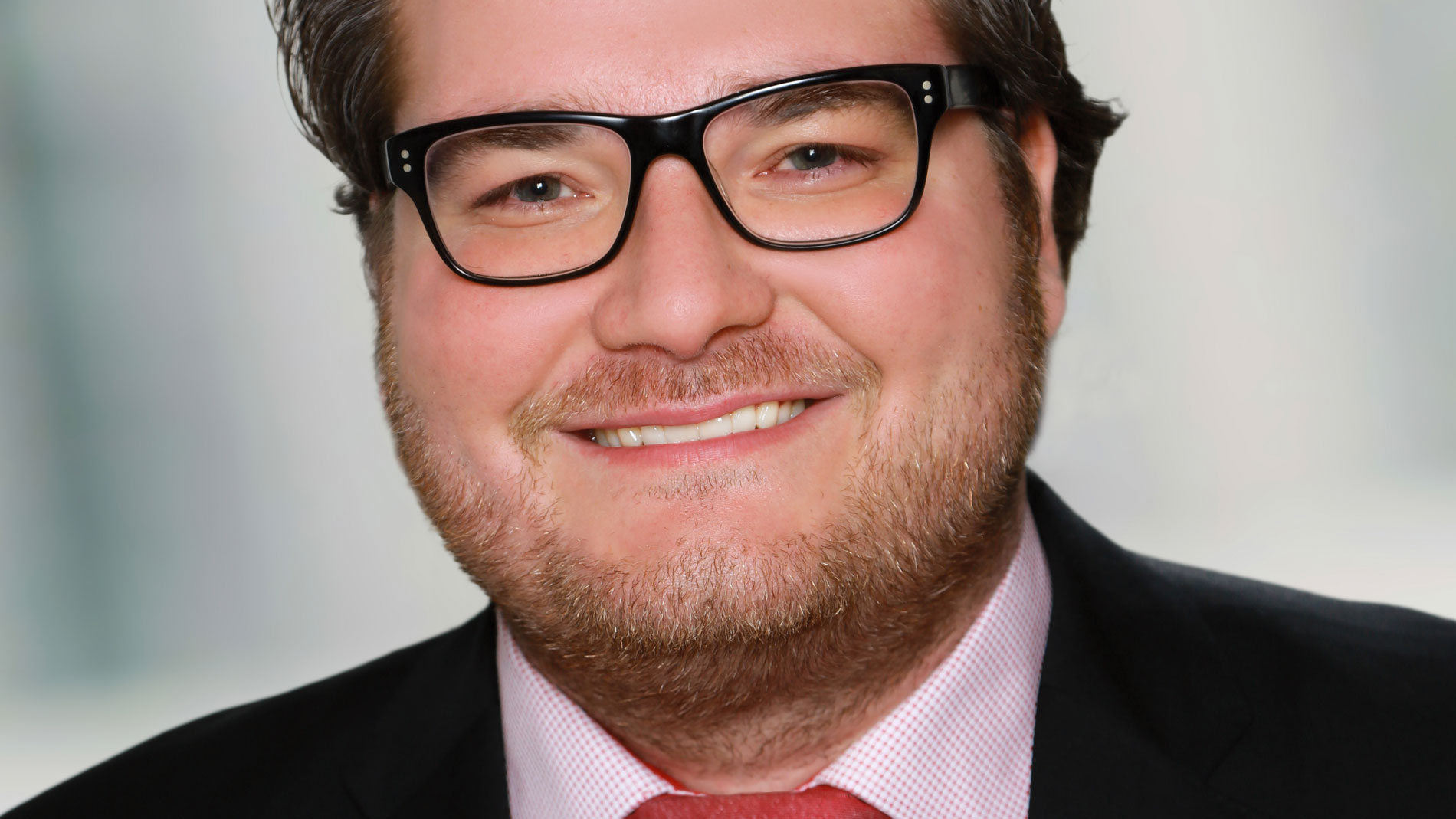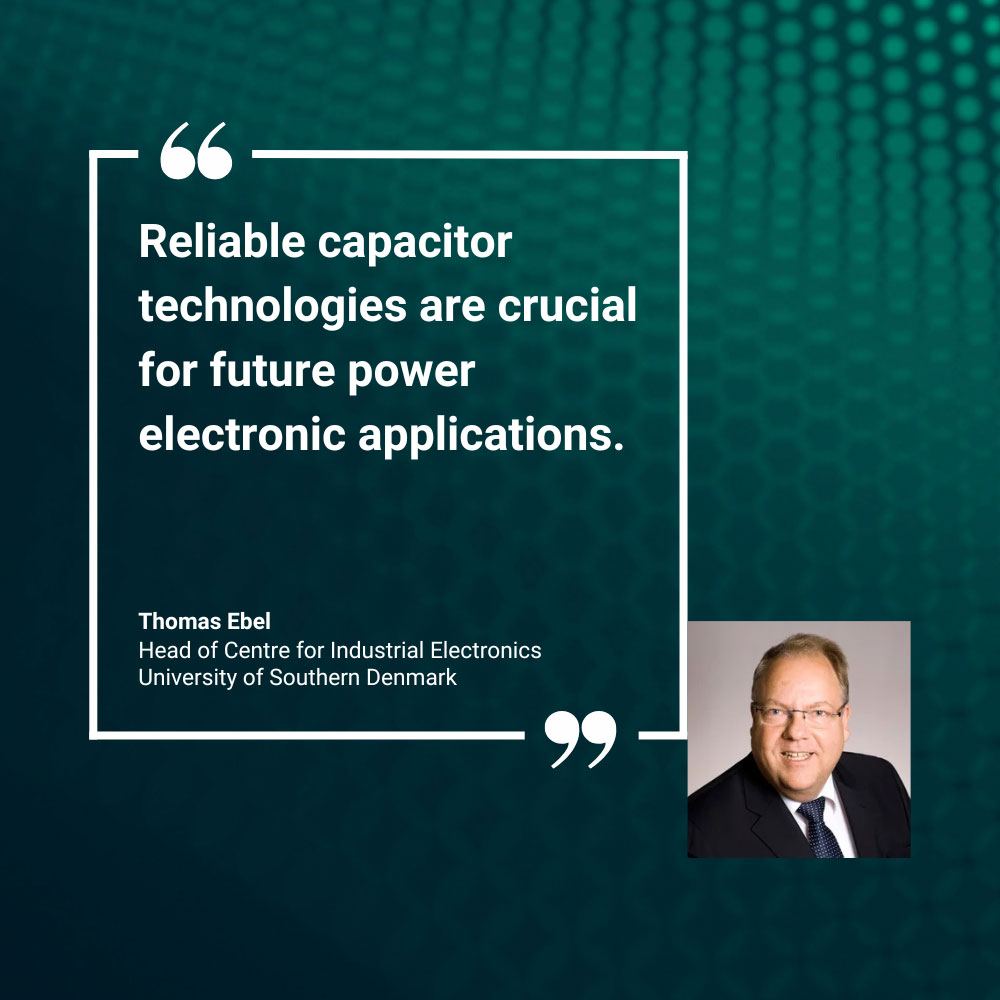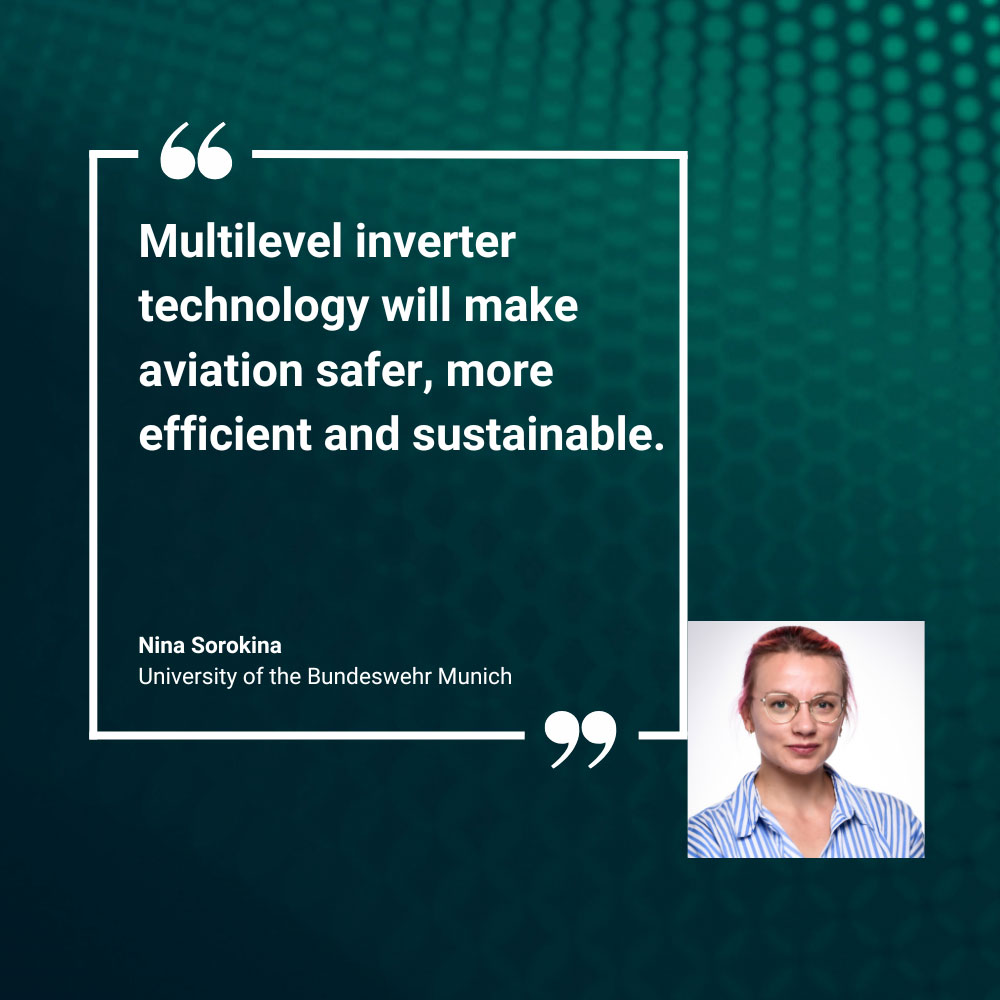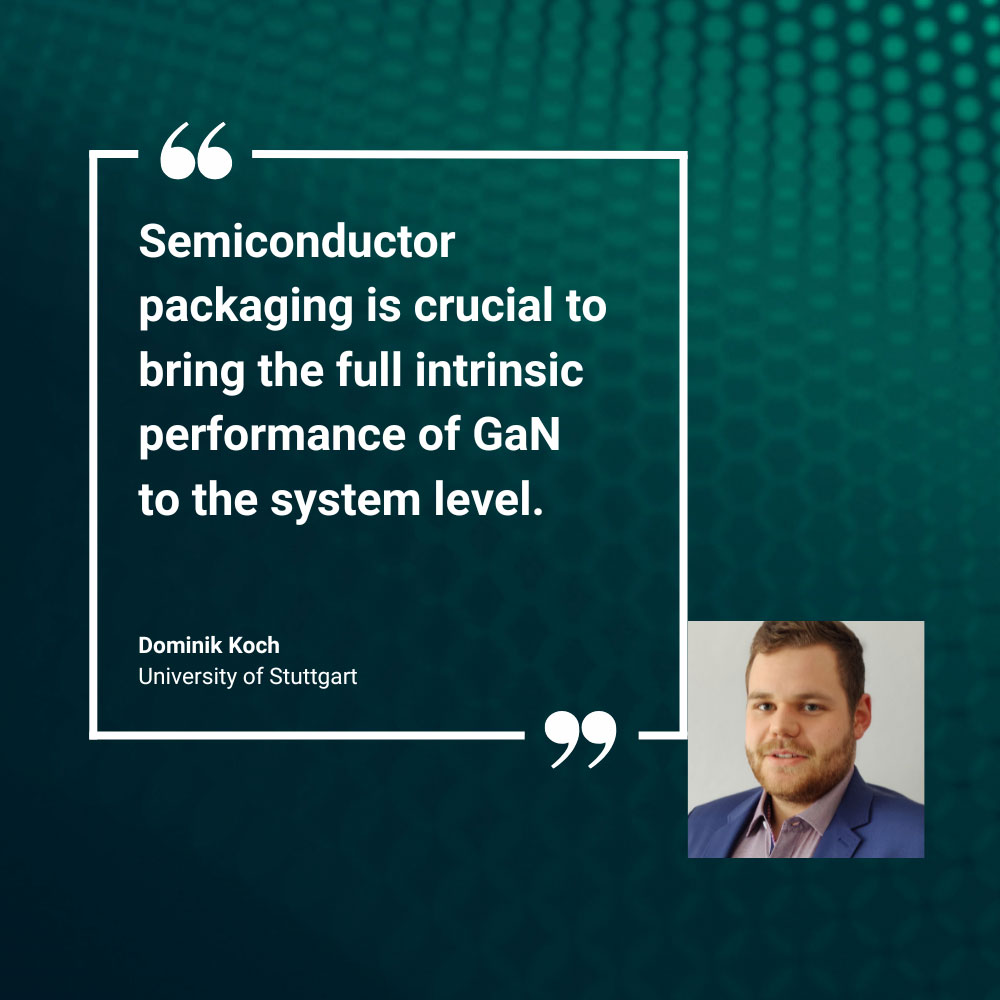Hydrogen is an important energy carrier for the future energy supply of countries and industries. The necessary GW hydrogen production facilities must be integrated into existing systems. Electrolyzers must be supplied by DC power, which is supplied by rectifiers from the AC grid. Thus, power electronics has to fulfill the electrical grid compliance requirements and provide the correct current and voltage for the electrolysis process. These interfaces subject to changing requirements.
In episode 9 of the PCIM Podcast, Prof. Dr. Marco Jung provides an insightful overview of the current status, challenges and changing requirements of power electronics in hydrogen mass production, while also offering a glimpse into the future.
About Prof. Dr. Marco Jung

Marco Jung finished his apprenticeship as a communications electronics technician, specializing in information technology, in 2003. In 2004 he went on to study automation technology at the Technical University of Mittelhessen region, Germany and energy technology at the University of Kassel. He began his scientific career at Fraunhofer IWES in Kassel (now Fraunhofer IEE) in 2010 while completing his doctorate in engineering at the University of Hanover.
Since 2017, he has been heading the Power Converters and Electric Drive Systems department and has been a Professor of Electromobility and Electrical Infrastructure, focusing on power electronics, at Bonn-Rhein-Sieg University of Applied Sciences since 2019. Additionally, he is currently the Chairman of the IEEE IES/IAS/PELS German Chapter and a member of the International Scientific Committee of the EPE Association, the organizer of the EPE, the Technical Programme Committee of eGrid 2023, and the Technical Conference Committee of the CPEEE. He is also a member of the Q1 Power Electronics of the ETG. Presently, Marco Jung is the Chairman of PELSS 2024.



